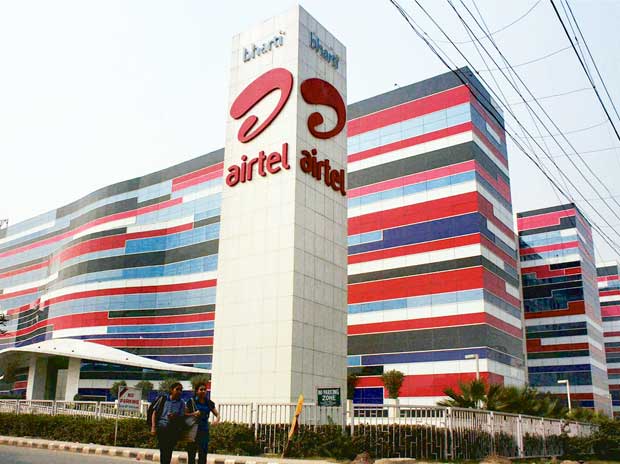Factors that most vehicle buyers try to conclude is whether when they are buying it from a dealer or importing them from a private party are that:
When ones buying a car from a credited dealer people tend consider them of higher quality since they are new and low on mileage.
Whereby cars that are that are imported from japan are mostly considered to be battered due to tsunamis or that they contain sand in their engines and not worth the while to even consider them because they are second hand. But still there’s always a solution for every problem.
But if proper consideration is taken buyers will note that there is an added advantage of buying imported cars over those from our local dealers.
Therefor whether you buy from our local dealers or Japanese importers, both require equal amounts of diligence on your behalf, including running vehicle history reports/VIN checks, comparing prices, working out financing, weighing car insurance costs, and inspecting and test driving the vehicle. If you’re shopping for similar vehicles at similar prices, consider the following tips to help decide whether to go with a local dealer or import them from japan.
Each and everyone’s choice may differ with a variety of pros and cons, and the deciding factors will ultimately be based upon your specific circumstances and the specific vehicle you are shopping for.
As you narrow down your car search, your options between buying from a local car dealership or an importing party will become clearer.
While each point may not be applicable to every car buying situation, they may serve to help you further evaluate your choices and eventually find the car that is right for you.
Purchasing a car from a local dealership can often be the simplest option for some buyers. Dealerships can also be a great place to begin shopping for a car. However, before you sign off on a lease or purchase a new car on the dealer’s lot, you should think about the pros and cons that may apply to your situation.
Some of the pros of buying from a car dealership include:
Dealers must adhere to selling procedures. This means you’re less likely to be cheated or burdened with a lemon.
Dealers provide warranties on vehicles, often new or used.
Dealers offer financing options.
Dealers can be easily contacted should problems arise.
Vehicles are inspected by certified trained technicians.
Dealers offer certified cars.
Car dealerships will usually help you with your state DMV’s titling and registration process.
You have the choice between different varieties of cars in one location.
Some of the cons that may come with buying a car from a dealer may include:
Higher prices and less room for negotiating.
Must deal with professional sales teams, reliant upon commissions.
It can be easy to get caught up in holiday specials, sales pitches, and signing incentives.
Buying/Importing a car from a private seller can sometimes give the buyer some added advantage. You’ll have to search through classified ads and car listing websites or find a seller through word-of-mouth from a friend or family member. Before shaking the seller’s hand and signing a check, it’s important to weigh the possible pros and cons of a buying a car from a private seller.
If you’re buying from a private seller, some of the pros include:
There’s more room for price negotiating. You may be able to get closer to a price that works for you.
No high-pressure sales pitches.
Lower starting prices.
Some of the cons of purchasing a car from a private seller can include:
Dealing with an unknown person, not bound to Federal Trade Commission rules.
No warranties on the vehicle. Private parties are more likely to sell the car “as is.
No trade options. You’ll probably need to pay the asking price in full at the time of purchase.
You must complete and submit most of the paperwork yourself. This may include title transfers, a bill of sale, registration documents, etc.
Limited to seller’s time schedule for inspecting the vehicle.
You may have to travel a long distance just to see a single vehicle.





No comments! Be the first commenter?